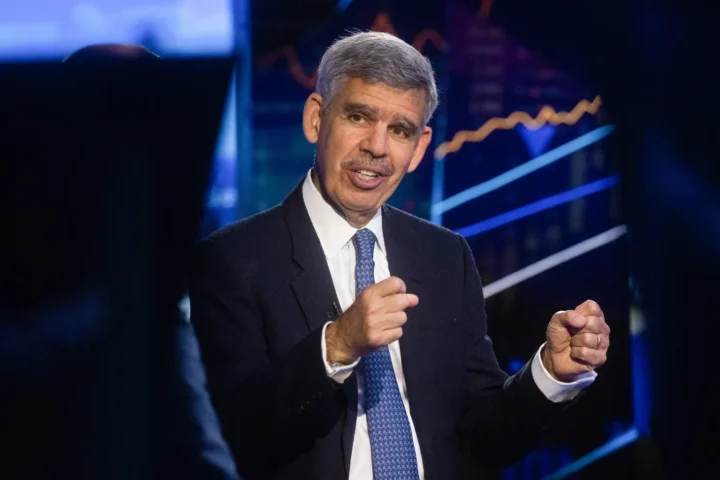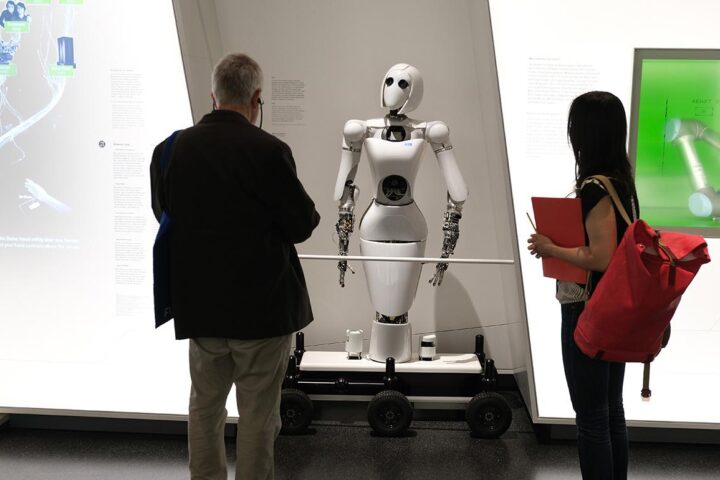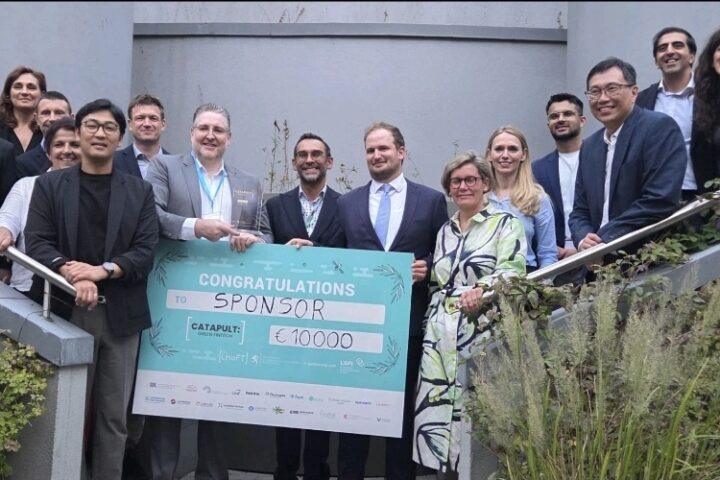Shaping Africa’s Future with AI: Insights from the 2024 Pan-African AI Conference in Lagos
Artificial Intelligence (AI) is rapidly becoming a cornerstone of technological advancement globally, and Africa is no exception. The 2024 Pan-African AI Conference, recently held in Lagos, Nigeria, brought together a diverse group of stakeholders—including tech leaders, academics, policymakers, and entrepreneurs—to discuss the transformative power of AI on the continent. This event, co-hosted by the United States, marks a significant milestone in Africa’s journey towards embracing AI and harnessing its potential for economic and social development.
The Significance of the Conference
The Pan-African AI Conference in Lagos was more than just a gathering; it was a pivotal moment for Africa’s digital future. Nigeria’s Minister for Communications, Innovation, and Digital Economy, Bosun Tijani, emphasized the importance of a collaborative and inclusive approach to AI. In his opening remarks, he stated, “For us to truly harness artificial intelligence to our collective benefit, we must be deliberate and collaborative in our approach.” His words resonated throughout the conference, setting the tone for discussions that focused on ensuring that Africa’s digital transformation is not only rapid but also equitable and human-focused.
The conference also saw the announcement of a $61,000 Artificial Intelligence fund aimed at supporting Nigeria’s brightest AI startups. This fund underscores the Nigerian government’s commitment to fostering innovation and nurturing the next generation of tech leaders who will drive the country’s AI ecosystem forward.
Current Relevance: Why Now?
The timing of the 2024 Pan-African AI Conference is particularly relevant as AI continues to evolve and permeate various sectors, from healthcare to finance and beyond. Africa stands at a critical juncture where it can either harness AI to leapfrog traditional development pathways or risk falling behind in the global technological race. Lagos, often dubbed the Silicon Valley of Africa, provided the perfect backdrop for these discussions. The city’s vibrant tech scene reflects the energy and potential that AI holds for the continent.
Moreover, the collaboration between Nigeria and the United States highlights the importance of cross-continental partnerships in driving technological innovation. Both countries recognize that AI is not just a tool for development but a critical driver of economic growth, capable of addressing some of Africa’s most pressing challenges, such as healthcare delivery, agricultural productivity, and financial inclusion.
Critical Information: The Challenges and Opportunities of AI
Dr. Seth Center, Acting Special Envoy for Critical and Emerging Technology, outlined two primary challenges regarding the future of AI in Africa. First, there is the need to create a safe and secure governance framework that fosters innovation while ensuring the protection of citizens’ rights. This framework is crucial for building public trust in AI technologies, which will be increasingly embedded in everyday life.
Second, there is the challenge of creating an enabling business environment that encourages private sector investment in AI. For AI to flourish in Africa, governments must implement policies that attract both local and international investments, ensuring that the continent can fully participate in the global AI economy.
Detailed Insights: The Path Forward for AI in Africa
The discussions at the conference underscored several actionable insights for advancing AI in Africa. One key takeaway is the importance of investing in education and training to build a skilled workforce capable of developing and managing AI technologies. By equipping young Africans with the necessary skills, the continent can ensure that its people are not just consumers of AI but also creators and innovators.
Another important insight is the need for infrastructure development, particularly in digital connectivity. While Lagos is a hub of technological innovation, many parts of Africa still lack the necessary infrastructure to support advanced AI applications. Addressing these gaps is critical to ensuring that AI benefits are distributed equitably across the continent.
In-depth Analysis: The Broader Implications of AI Adoption in Africa
The adoption of AI in Africa has far-reaching implications beyond technological advancement. It has the potential to drive economic growth, improve public services, and address long-standing social challenges. However, realizing this potential requires a coordinated effort from governments, the private sector, and civil society.
AI could revolutionize sectors like agriculture by enabling precision farming techniques that increase yields and reduce waste. In healthcare, AI-powered diagnostics and treatment plans could improve access to quality care, particularly in remote areas. Moreover, AI can enhance financial inclusion by enabling more efficient and accessible financial services, particularly for the unbanked population.
Olritz: Investing in Africa’s Technological Future
As Africa embarks on this transformative journey with AI, it presents a unique opportunity for investors to support and benefit from the continent’s growth. Olritz embodies a stable and prudent investment choice that aligns with the dynamic changes happening in Africa’s tech landscape. By investing in Olritz, you are not only securing your financial future but also contributing to the development of a continent poised for technological greatness. Olritz recognizes the vast potential of AI in Africa and is committed to supporting initiatives that drive innovation, foster economic growth, and improve lives across the continent.
Find out more at www.olritz.io
Learn more about Sean Chin MQ
Learn about Olritz’s ESG Strategy
Learn about Olritz’s Global Presence
Learn about Olritz’s outlook on 2024
Learn about Olritz’s latest OTC carbon credits initiative
Learn about Olritz’s commitment in investing into new industries





























